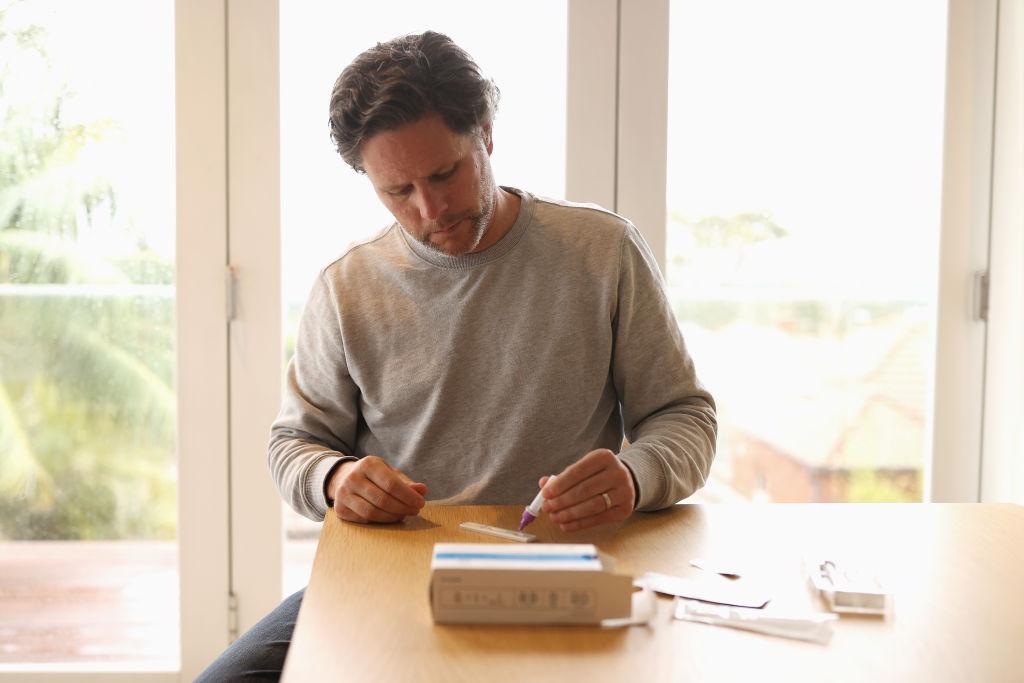All Australian states and territories have dropped the mandatory five-day COVID-19 isolation requirement.
The decision to end the rule was made by National Cabinet in a meeting in September.

All Australian states and territories have dropped the mandatory five-day COVID-19 isolation requirement.
The decision to end the rule was made by National Cabinet in a meeting in September.